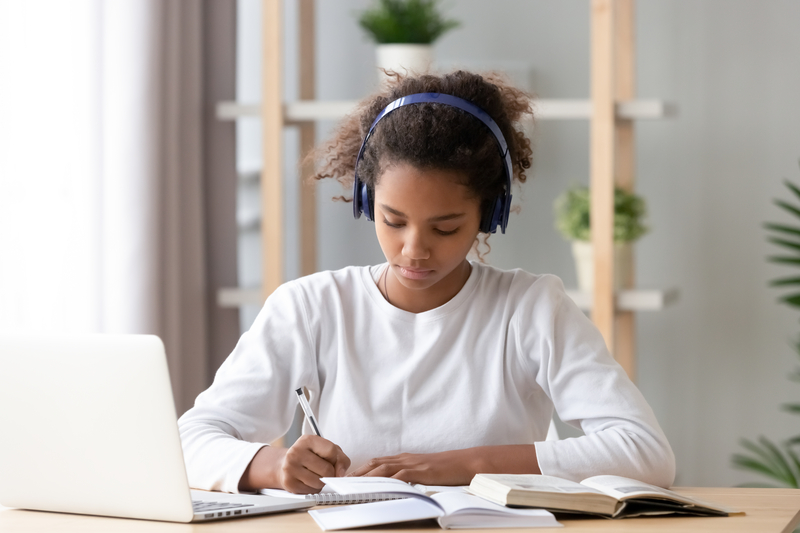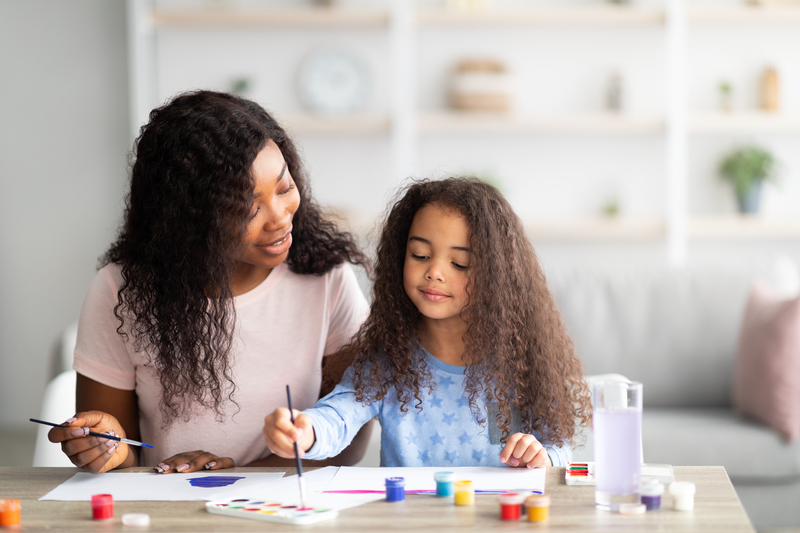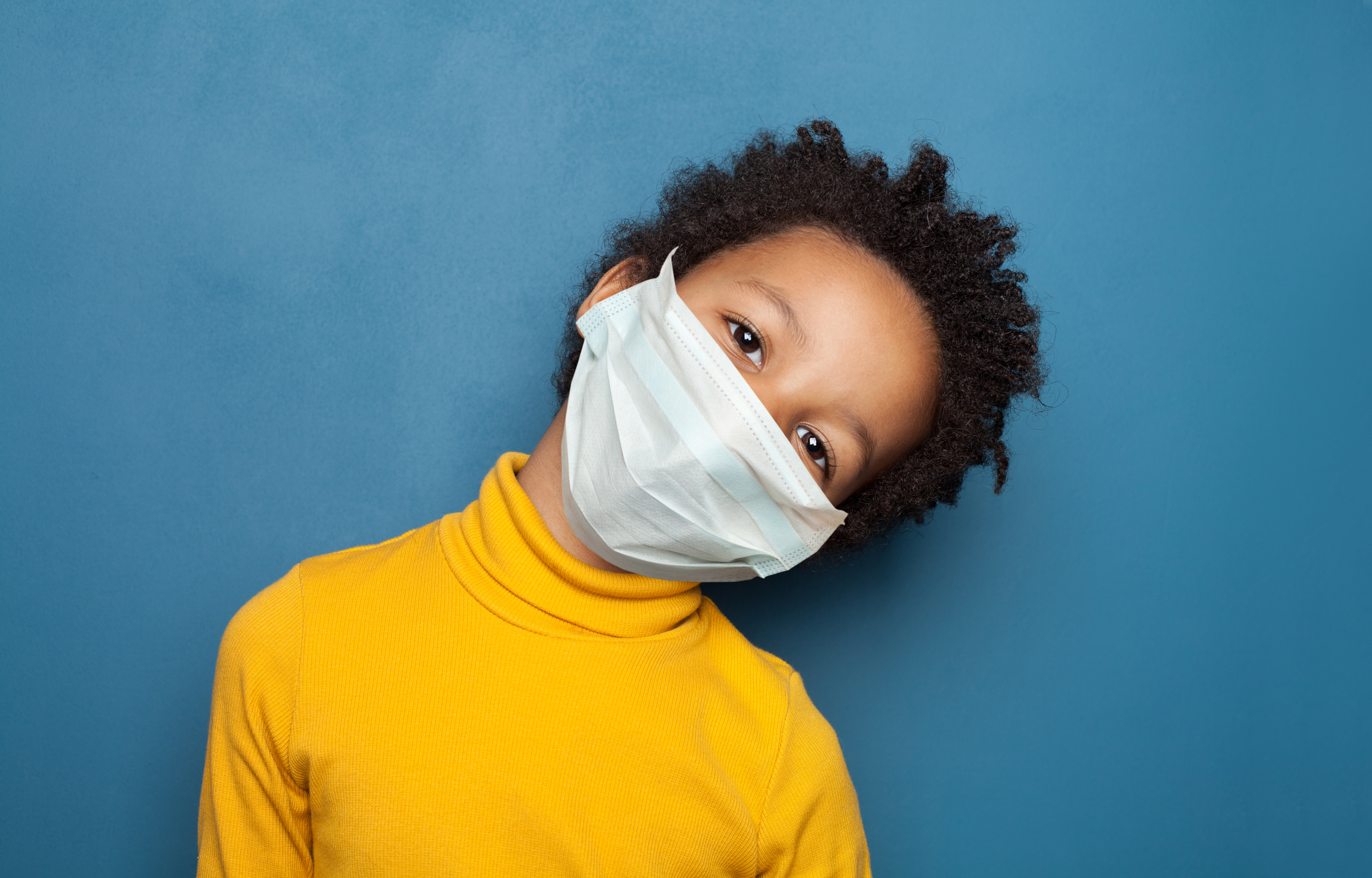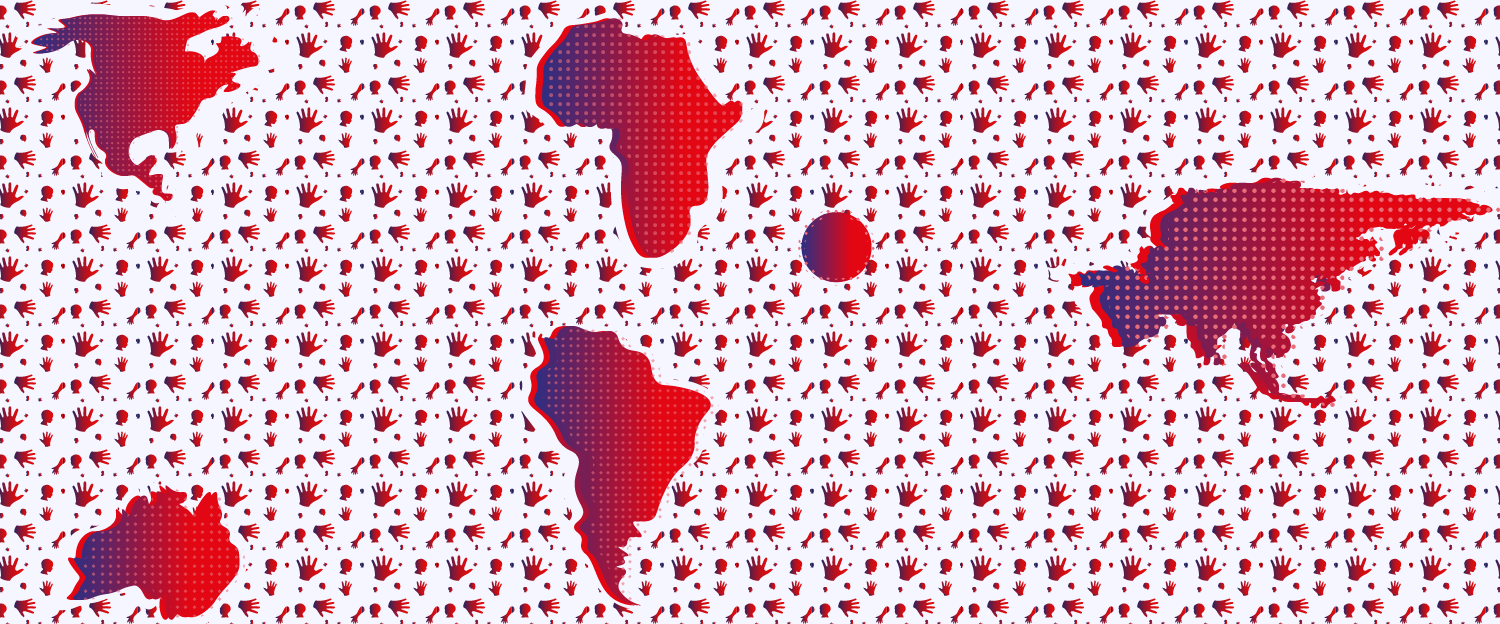How has COVID-19 and the related lockdown restrictions affected children and young people aged 7-25 from African or Caribbean heritage and how their daily lives have changed under COVID? A research study led by The Open University’s Dr Michael Boampong, together with colleagues Dr Clare Choak, Dr Anthony Gunter, Professor Heather Montgomery and Dr Gunjan Sondhi aims to find out.
Key themes in the research include:
Neighbourhood
Health
Education
Social spaces
Relationships
Lessons learned during lockdown
Hopes for the future
The researchers are currently halfway through data collection of twenty-five participants and this project is a pilot to explore issues which are important to children and young people in a view to turn this into a larger project. The lives of Black children and young people are often underrepresented so this is why it is particularly important that their views were captured in terms of how they’ve been feeling and reacting to COVID-19.

What has strongly come across so far is the positive way in which participants have coped with issues such as the monotony of everyday life under lockdown, and have used the time to their advantage. For example, a number of children and young people have developed hobbies and interests over the past year and hope to use these and develop them further in terms of future careers. One eleven-year-old boy has been exploring online content production, whilst a sixteen-year-old boy has been delving into nutrition as his hope is to become a professional sports person, and this will help support him in keeping healthy. Food was something which was discussed regularly in the interviews. Some participants spent more time cooking during lockdown and trying new recipes. For example, a twenty-one-year-old said that cooking took her mind off things as she had been experiencing high anxiety. She lost a grandparent to COVID and worries that the hospital didn’t do enough in terms of their care, as usually when someone in her family is in hospital they would visit every day to check everything was okay but because of COVID they were not allowed to do so. The majority of children and young people so far said they didn’t worry too much about catching COVID but ensured that they wore a mask and kept their distance from other people.
Education was something which was discussed heavily in terms of the experience of online learning compared to face-to-face. It was generally agreed that the face-to-face environment was preferred as it was considered to be a lot easier to ask questions when the teacher or lecturer was present. What came across strongly was the resilience of the children and young people and their coping strategies during this time. A positive aspect about online learning was that it provided more autonomy to the learning experience and it required learners to be more independent as they had the choice in terms of when work was completed. Some felt a lack of motivation without the presence of an educator, and in terms of those who were at school it was generally established that they missed learning with their friends. Interestingly, whilst many children and young people kept in contact with the same friendship groups, a minority did not and their friendship circles became smaller, but this didn’t bother them because they still knew who their ‘real’ friends were. Lockdown provided participants with the opportunity to reflect on their lives because they had so much more spare time, and reflecting on their relationships was part of this.

In terms of going out during COVID there was a general lack of anxiety about doing this as long as people were keeping to the appropriate regulations in terms of masks and social distancing. Not everybody interviewed missed going out as they didn’t do this that much before the lockdown, or had a small number of places which they frequented. Online spaces were used heavily to keep in touch with friends, with some participants having regular meet ups with their friendship groups, however this was impacted by age because young children were not accessing online social spaces as freely as young people for example.
It has been fascinating to hear about the experiences of children and young people so far, and also be part of a project which aims to increase the amount of empirical research available about children and young people from African or Caribbean backgrounds living in London. As well as producing a report and research articles a video will also be created to disseminate this project’s data.
More information can be found on the Research News site.




Rate and Review
Rate this article
Review this article
Log into OpenLearn to leave reviews and join in the conversation.
Article reviews